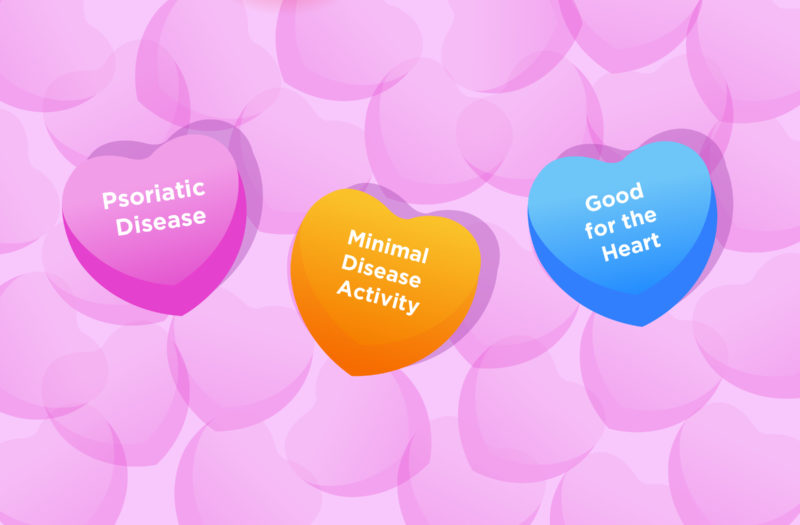People with psoriatic arthritis (PsA), psoriasis, and other inflammatory or autoimmune conditions have an inherently higher risk of cardiovascular disease compared to the average person. Research has shown that having psoriatic disease, such as PsA and psoriasis, raises the risk of having a stroke or heart attack, but less is known about the connection between these diseases and heart failure, a condition characterized by a weakening of the heart muscle that prevents it from effectively pumping blood.
A new study took a closer look at the connection between psoriatic disease and heart failure, and whether psoriatic disease activity level plays a role.
The study, published in the journal Arthritis Care & Research, assessed the records of PsA and psoriasis patients at the University of Toronto’s Psoriatic Disease Clinic between 1978 and 2018. The researchers issued a questionnaire to assess patients’ disease activity. They researchers also calculated the incidence of heart failure in “patient years,” which refers to the number of people in the study multiplied by the number of years each person spent in the study. Through this, they determined that incidence rate of heart failure for someone with psoriatic disease was 2.85 per 1,000 patient years — compared to 1.93 per 1,000 patient years in the general population. They also used mathematical models to calculate the association between psoriatic disease activity and the likelihood of developing heart failure.
The researchers found that, of the 1,994 patients assessed, 64 experienced heart failure. That might not sound like a lot — only 3 percent — but it is significant when compared to Toronto’s hospitalization rates for ischemic heart disease since 2003 (less than 1 percent).
“Although the risk of developing [heart failure] was explained in part by traditional risk factors and prior ischemic heart disease [which has to do with compromised blood flow], the burden of systemic inflammation and level of disease activity were independent risk factors of [heart failure] events,” the study authors wrote.
They found that psoriatic disease patients were most likely to develop heart failure if they had traditional cardiovascular risk factors — such as smoking, obesity, and sedentary behavior — and high psoriatic disease activity, which was indicated by tender and swollen joint counts, erythrocyte sedimentation rate (ESR), C-reactive protein (CRP), and physical function.
In contrast, psoriatic disease patients who had minimal disease activity were much less likely to develop heart failure.
The researchers concluded that these findings highlight “the importance of controlling all traditional cardiovascular risk factors as well as targeting for minimal disease activity, which can potentially reduce the risk of heart failure in psoriatic disease.”
Track Your Symptoms with ArthritisPower
Join CreakyJoints’ patient-centered research registry and track symptoms like fatigue and pain. Learn more and sign up here.
Causes of Heart Failure. The Society for Cardiovascular Angiography and Interventions. December 1, 2016. https://www.secondscount.org/heart-condition-centers/info-detail-2/causes-of-heart-failure#.YEE3_GhKiUk.
Koppikar S. Incidence of and risk factors for heart failure in patients with psoriatic disease – a cohort study. Arthritis Care & Research. February 11, 2021. doi: https://doi.org/10.1002/acr.24578.
Laday J. Heart failure linked to disease activity, inflammation in patients with psoriatic disease. Healio. March 2, 2021.
https://www.healio.com/news/rheumatology/20210301/heart-failure-linked-to-disease-activity-inflammation-in-patients-with-psoriatic-disease.
What Is Heart Failure? American Heart Association. May 31, 2017. https://www.heart.org/en/health-topics/heart-failure/what-is-heart-failure.






